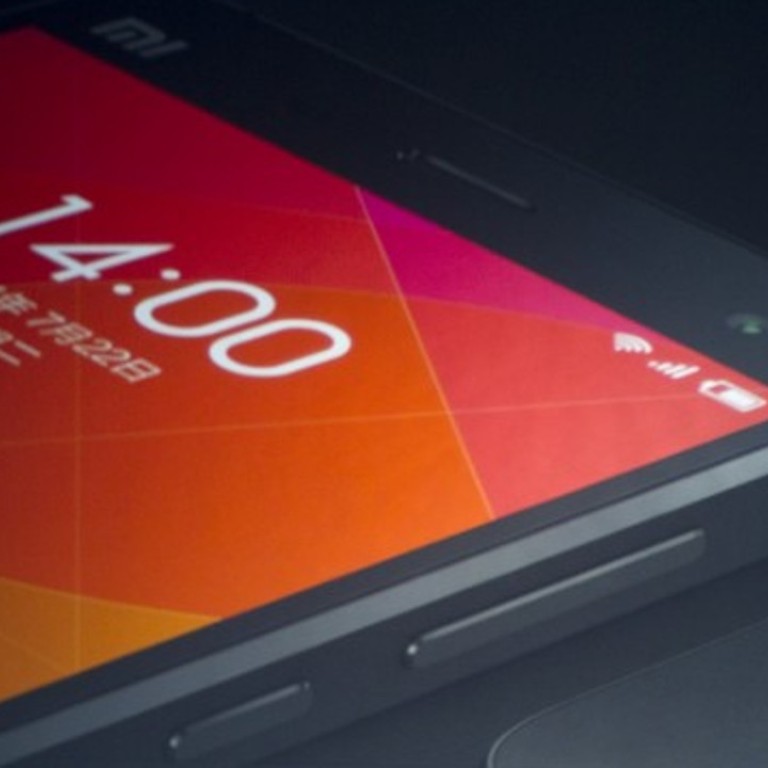
Will Huawei emerge as king of the hill? Local smartphone brands tipped to oust Apple, Samsung from top 5 in China in 2016
Mainland Chinese mobile phone brands, for the first time, could squeeze their global competitors out of the top-five ranking of suppliers in the world’s largest smartphone market.
The likely trend on the mainland this year would hurt several big-brand suppliers, including Korean giants Samsung Electronics and LG Electronics, which sell handsets based on Google’s Android operating system.
“The Chinese makers of Android smartphones are very strong in their home market right now,” Neil Mawston, the executive director at technology consultancy Strategy Analytics, told the South China Morning Post.
Mawston expected Huawei Technologies, Xiaomi and three other Chinese brands to dominate the domestic smartphone market this year, despite lingering concerns about the sluggish economy.
“ZTE stands a good chance of returning to the top five in China if it can expand its 4G smartphone portfolio with more models,” he said.
Data from Strategy Analytics showed that Xiaomi, the high-flying technology start-up headquartered in Beijing, was the mainland’s top smartphone supplier last year, with a 15.4 per cent market share on total shipments of 67.5 million units.
READ MORE: No January blues for China’s smartphone market as 2015 saw record sales of 460.5 million units as 4G handsets take off
Shenzhen-based Huawei, China’s biggest telecommunications equipment manufacturer, took the No 2 spot with a 14.2 per cent share on domestic shipments of 62.2 million smartphones in the past 12 months.
“Huawei has been growing rapidly in China due to extensive distribution channels and popular Android models like the Honor 7,” Mawston said.
He pointed out that Huawei, which Strategy Analytics ranked as the world’s third-largest smartphone supplier last year behind Samsung and Apple, was facing a strong challenge on the mainland and in the international markets by the iPhone maker and Xiaomi.
US hi-tech powerhouse Apple was ranked third on the mainland last year, with an 11.3 per cent market share on shipments of 49.5 million iPhones.
A pair of smartphone makers based in Dongguan, a major industrial city in the coastal province of Guangdong, rounded out China’s five leading martphone suppliers last year.
Vivo, the smartphone subsidiary of BBK Electronics, was ranked fourth, while Oppo cracked the top-five ranking for the first time.
Mawston said Hong Kong-listed computer giant Lenovo Group “may find it harder to return to the top five ranking in mainland China because it is still battling with the Motorola integration”.
Lenovo, which Strategy Analytics ranked as the world’s fourth-biggest smartphone supplier last year, wrote off US$300 million of its smartphone inventory in the quarter to September as part of a corporate restructuring.
Peter Yu, an analyst at BNP Paribas, said in a report that Samsung was expected “to barely maintain its current market share from the Chinese smartphone market”, where aggressive domestic brands have saturated the market with plenty of cheap handsets.
Daiwa Capital Markets analyst Kylie Huang said in a report that the anticipated weakness in overall smartphone sales this first quarter “mainly reflects the traditional slow season for consumer products after the [Christmas] holiday season”.

